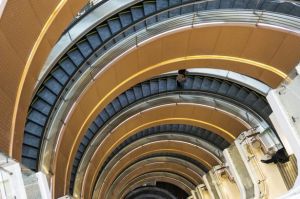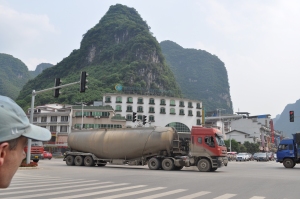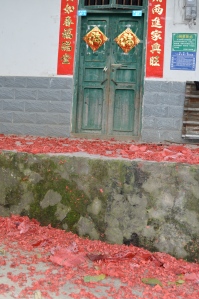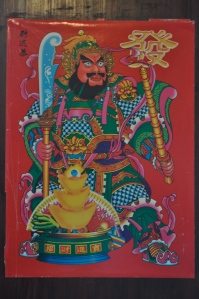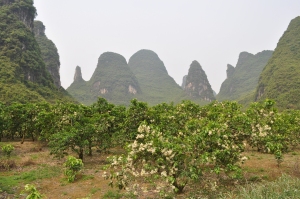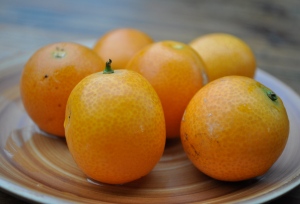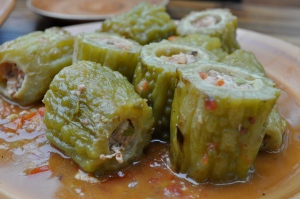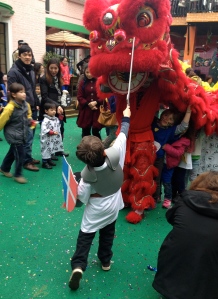Shortly after our arrival in Shanghai we had some cultural training. We were told that China fitted into the category of a ‘High Context Culture’ (interestingly France is a little like this – but not Australia) where messages are conveyed implicity (whereby meaning has to be inferred via multiple means). This is different from in the USA or in Australia where meaning is actually stated directly through…well…..words. “Chinese generally do not like to give negative answers, say ‘no’ directly or admit misunderstanding”.
I found this extract from Zach Etkind (www.thatsmags.com) an amusing example of this. He writes: ‘This is verbatim, how the conversation went when I was once fired from a job in China.’ ‘Maybe you don’t have to come in next week.’‘Ok, how about the week after that?’‘Umm, maybe you don’t have to come in that week either.’‘Am I being fired?’‘Ummmm yaa, noo, well, I just think maybe you dont’ have to come in anymore’.‘Ok, I’ll go ahead and assume I was just fired. Have a nice day!‘
I have found it very difficult to ‘read between the lines’. For example, I missed the implicit message when our lovely and really helpful ayi (household helper/baby-sitter/problem-solver of a few hours a week) told me that “My mother-in-law is sick with sore legs and I have to go help her”. She said that she may come back after the Chinese New Year. She refused to take her wages for the remainder of the month and so I just assumed that she’d be back at some stage. At the time I hadn’t truly integrated that “Much of the non-confrontational code rests on the word ‘Maybe’. The word is seemingly never used to actually indicate that some-thing may or may not happen – instead it’s a massive red flag that something isn’t right.” (Zach Etkind) And so, well, she didn’t come back.
You might have thought that having lived in China for a nearly 2 years that I would have mastered the art of implicit communication – but I haven’t. Whilst it’s a nice idea to avoid confrontation, I really do appreciate definitive ‘yes’ or ‘no’.
‘Shanghighs‘: A visit from my cousins step-son and his lovely wife.
‘Shanglows‘: um, pollution…… A visit to the French Consulate (I’ll keep this for a future post!)
‘Shangunusuals‘:My new ayi announced that she “had to go home to help her sick mother-in-law’. Thinking that I’d mastered the art of implicit communication, I resigned myself to the fact that she wouldn’t be back….but she did come back after a week or so. Oh so confusing!
A 7-storey moving staircase opened last month in the New World Daimaru Department (so my relatives informed me)
Designers said they initially had problems with the technicalities as circular designs are “impractical”which makes you ask….WHY do it?
“Once you’re sick of riding the state of the art escalators, hop on one of the lifts (with buttons that look like jewels) and head towards the top of the building, with a retractable roof that can open up to let in sunshine during days with fine weather.” (TimeOutShanghai)

